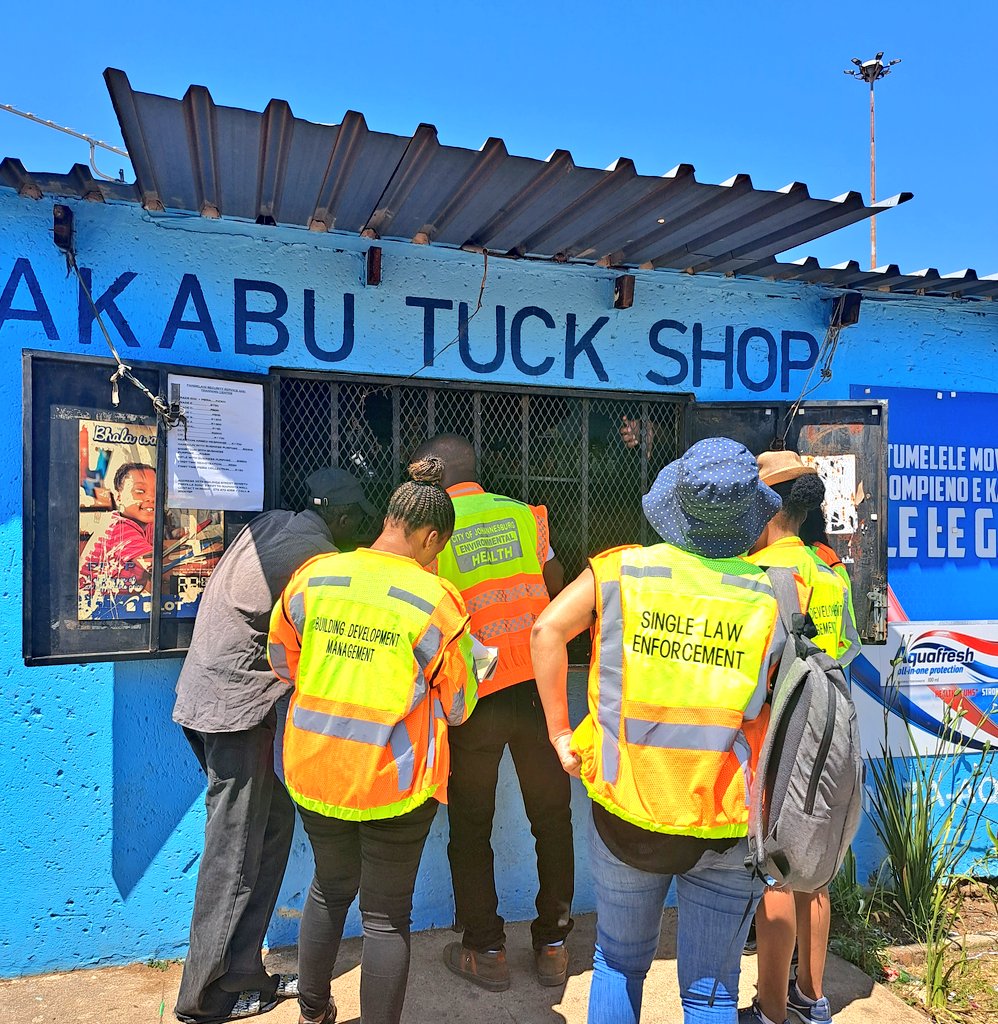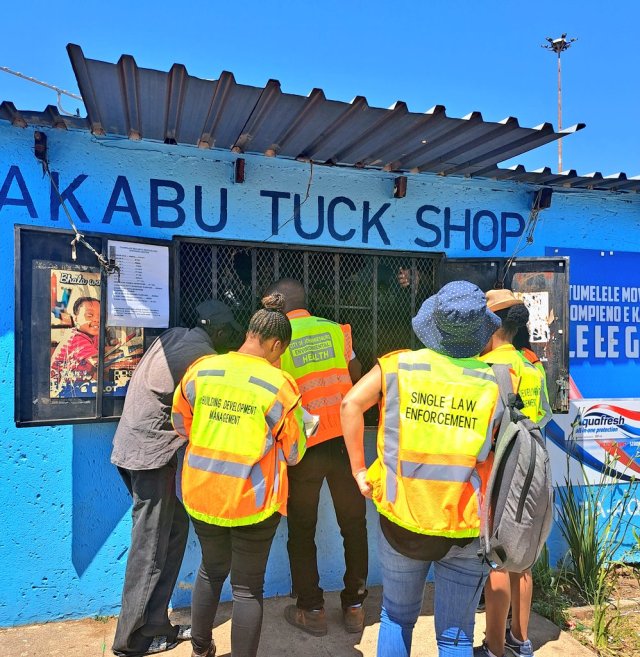

Police roped in to oversee Gauteng spaza shop registrations! The Gauteng Provincial Government has announced that police will be deployed to ensure safety and order at 85 registration points across the province, where spaza shop owners are required to register their businesses.
This move comes amid tensions following incidents of foreign nationals being turned away by community groups.
Registration Points Announced After Poisoning Incidents
The registration initiative follows the tragic deaths of at least 22 children due to poisoning incidents linked to spaza shops. In response, the government is taking steps to regulate the informal retail sector more effectively.
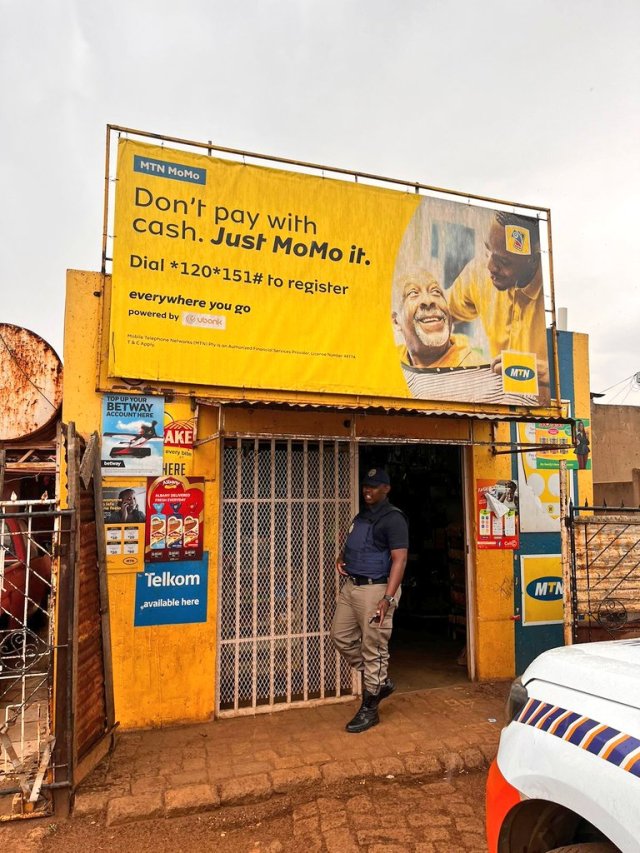
On Tuesday, a list of designated registration points was released for spaza shop owners across Gauteng’s eight municipalities.
President Cyril Ramaphosa had earlier announced that spaza shop owners must officially register their businesses within 21 days or face closure. This initiative aims to improve oversight and safety in the informal sector.
Tensions at Jabulani Civic Centre
The need for police deployment became evident after foreign nationals were reportedly turned away by Operation Dudula members at the Jabulani Civic Centre in Soweto earlier this week. The civic group is known for its firm stance against undocumented foreign nationals operating businesses in South Africa.
The incident has heightened concerns over possible confrontations at other registration points. To address this, the Gauteng government has emphasized the need for security and order during the registration process.
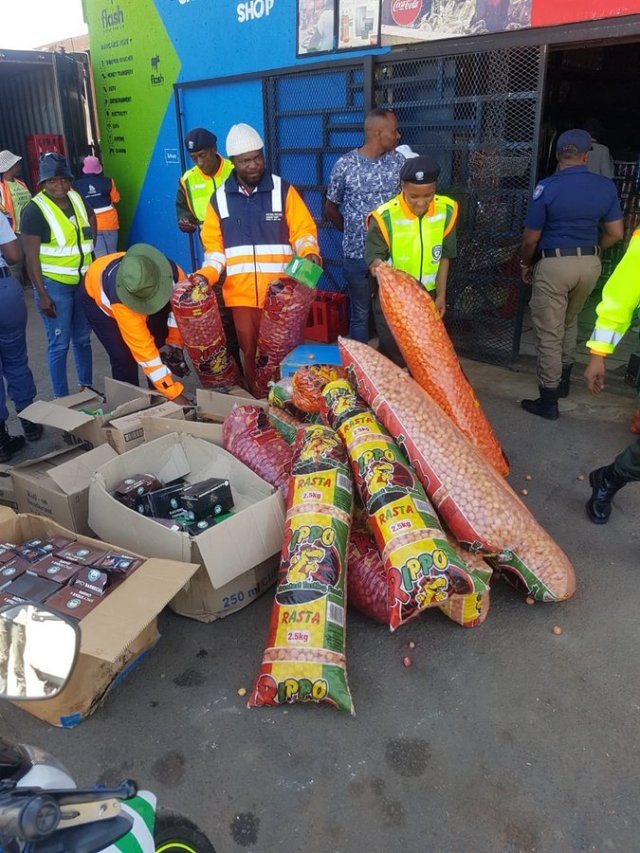
Police Visibility to Ensure Safety
Gauteng MEC for Finance and Economic Development, Lebogang Maile, confirmed that law enforcement would be present at all registration sites. He stressed the importance of police visibility to maintain peace and prevent disruptions.
“Now that the police know where these registration points are, we want them to zoom into that. We will also have a discussion with the Commissioner of Police to say there has to be police visibility, and there has to be some plan because police can’t plan without intelligence,” Maile stated.
Warning Against Proxy Registrations
Maile also warned South Africans against registering spaza shops on behalf of foreign nationals, particularly undocumented individuals. He highlighted the legal risks associated with such actions, especially in cases of negligence or harm resulting from the operation of the business.
“They’re actually putting themselves at risk because if there has to be an accident, it means you, having registered and being the owner of the business, are held accountable,” Maile explained.
The MEC added that there have been cases where individuals faced legal consequences for registering businesses on behalf of others, particularly undocumented foreign nationals.
Creating a Centralized Database
The spaza shop registration initiative is part of the government’s broader plan to build a centralized database for informal businesses. This database will allow authorities to monitor and regulate the industry, ensuring compliance with health and safety standards.
By formalizing the sector, the government aims to address challenges such as unregulated products, unfair competition, and the illegal employment of workers without proper documentation.
Community Safety and Business Regulation
The registration initiative seeks to strike a balance between supporting informal traders and ensuring public safety. Maile emphasized that the government is not targeting foreign nationals unfairly but is enforcing existing laws that require all business operators to have the necessary documentation.
“The law is clear, and all business owners—whether South African or foreign nationals—must comply with the regulations. This is about protecting communities and ensuring businesses operate responsibly,” Maile said.
Next Steps in Registration Drive
The registration points will be accessible across Gauteng, and their details will be published on municipal websites. This will make it easier for spaza shop owners to comply with the new regulations within the 21-day deadline.
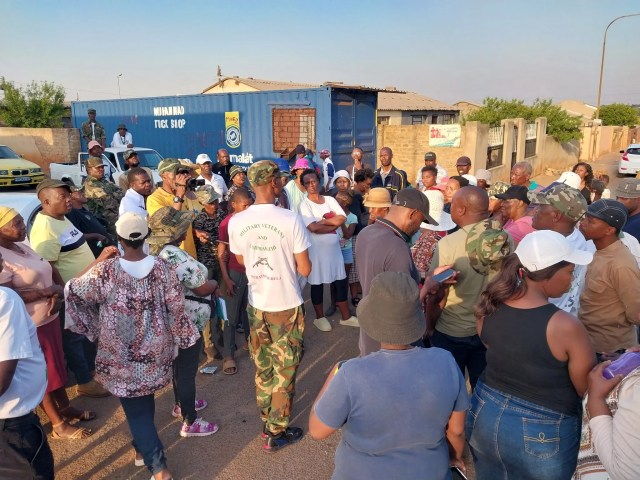
Police will remain stationed at these points to maintain order and prevent further incidents like those seen at Jabulani Civic Centre.
Conclusion
As Gauteng moves forward with its efforts to regulate spaza shops, the deployment of police at registration points highlights the seriousness of the initiative. By ensuring compliance and safety, the government hopes to restore order to the informal sector while addressing the concerns of communities.
However, ongoing tensions and challenges with undocumented business operators suggest that collaboration and dialogue will be essential for long-term success.
#Police #roped #oversee #Gauteng #spaza #shop #registrations
